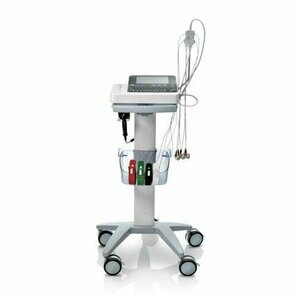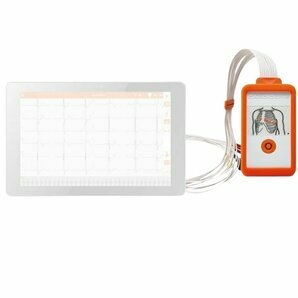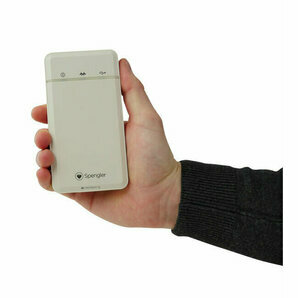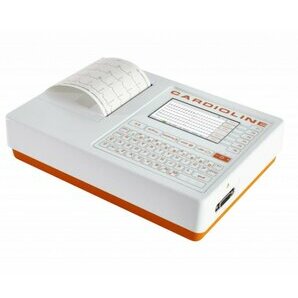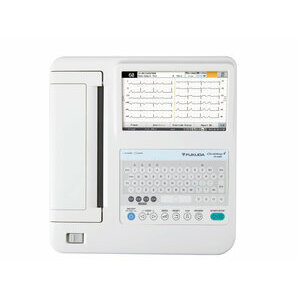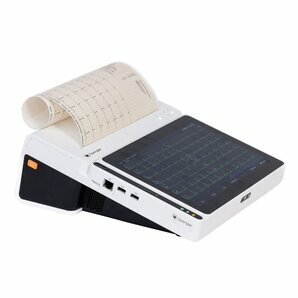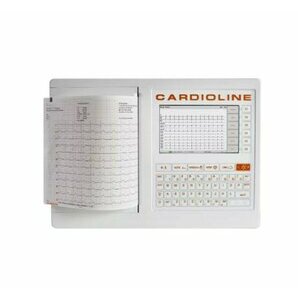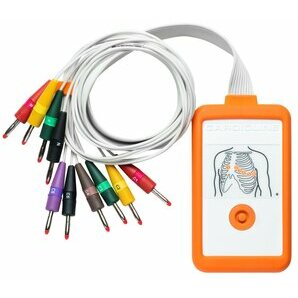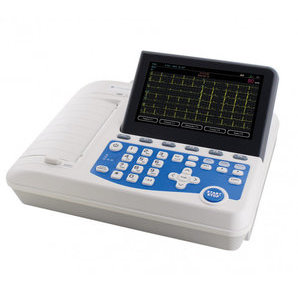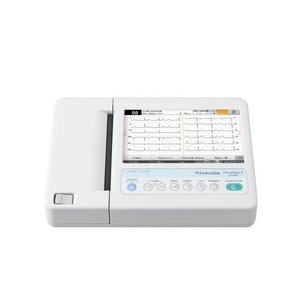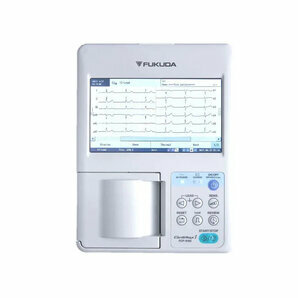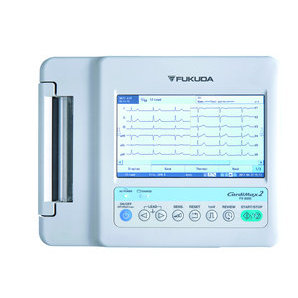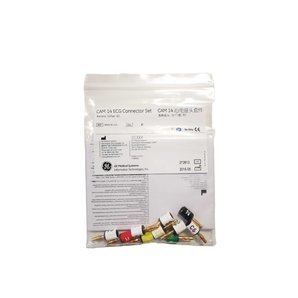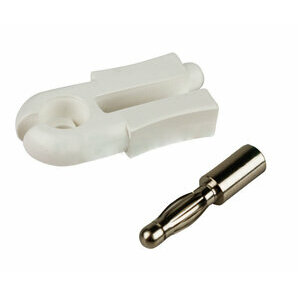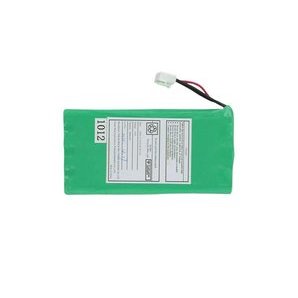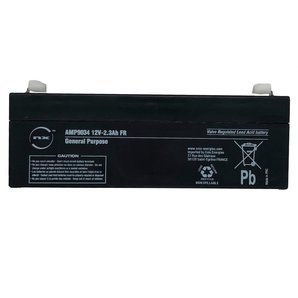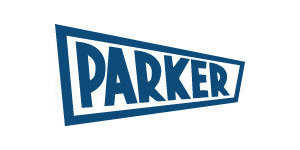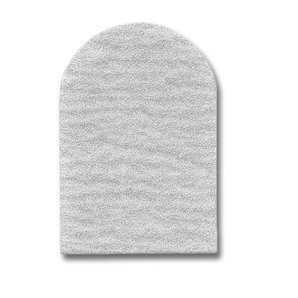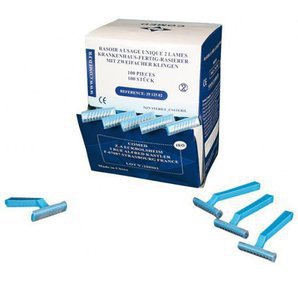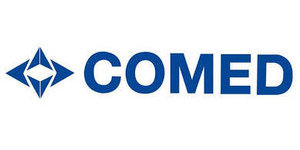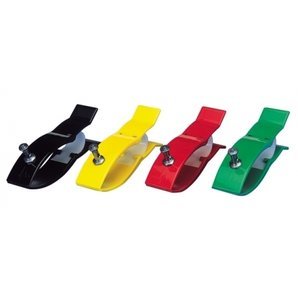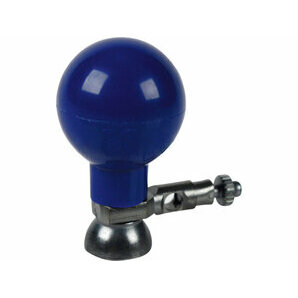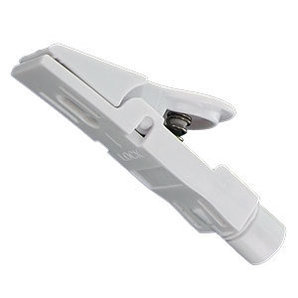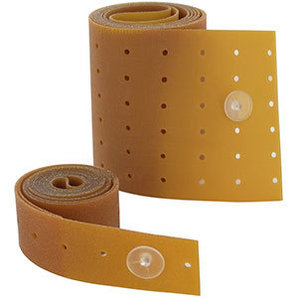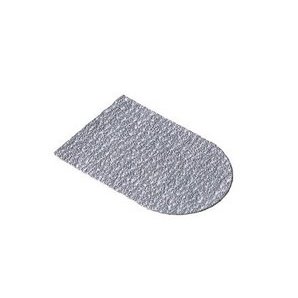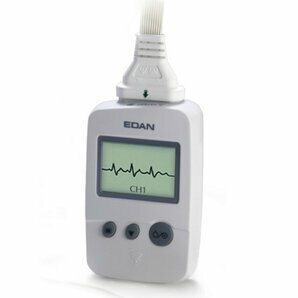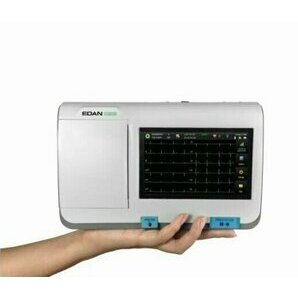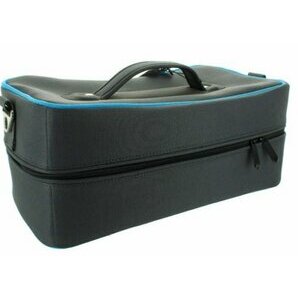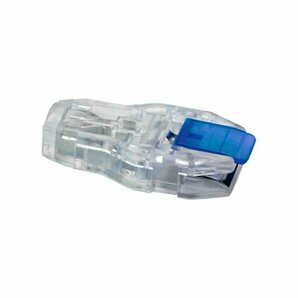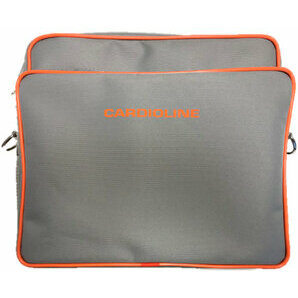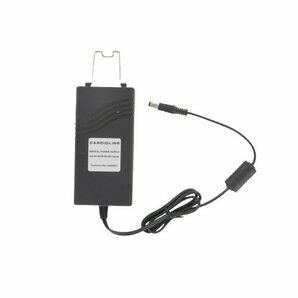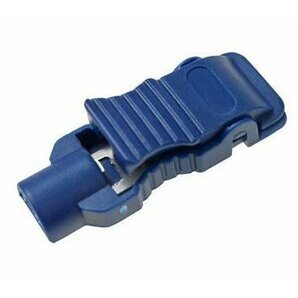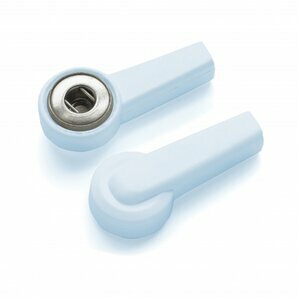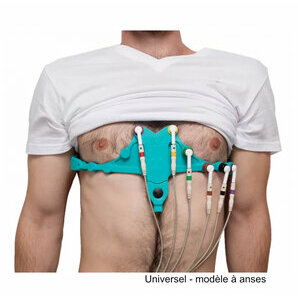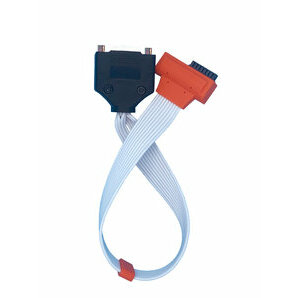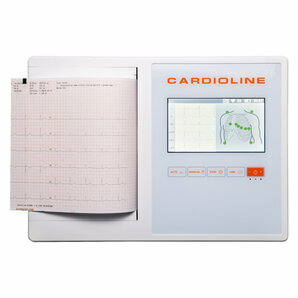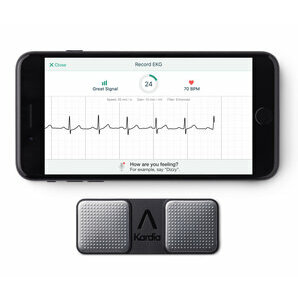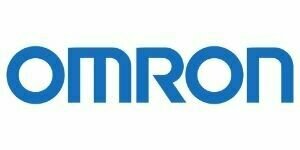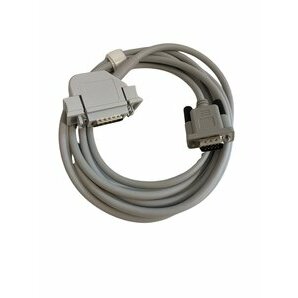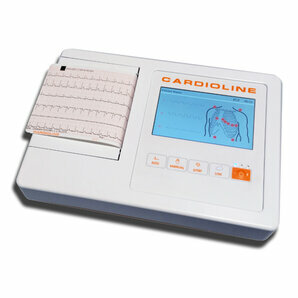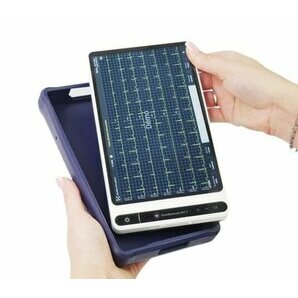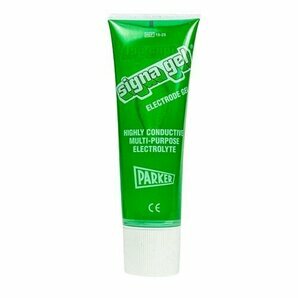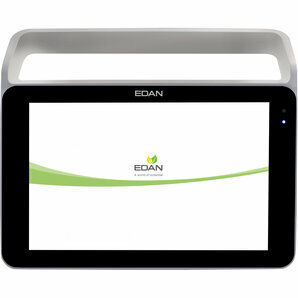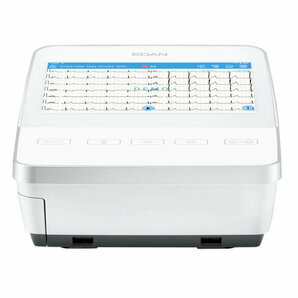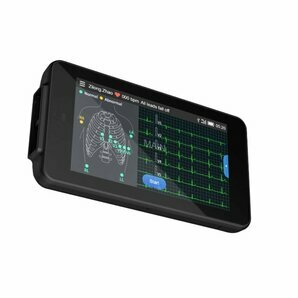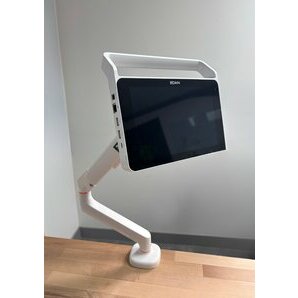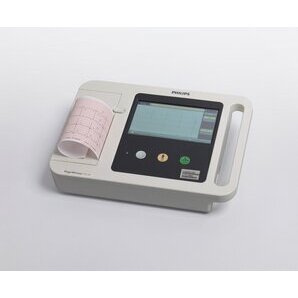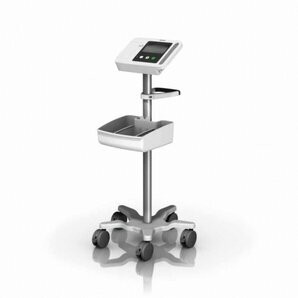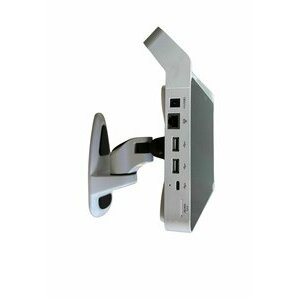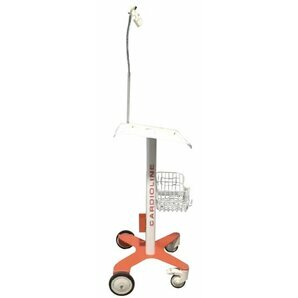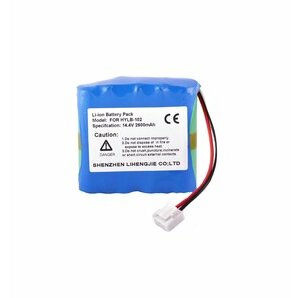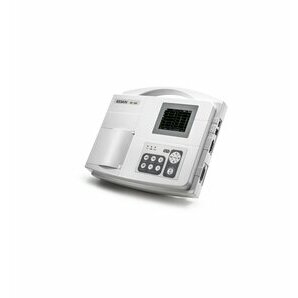Electrocardiographs
Equipment
-
Electrocardiographs
-
Holters
-
Small Equipments
-
Ultrasound machines
-
Vital signs monitors
-
Peripheral plethysmography
-
ECG Vacuum Systems
Cardio Dépôt offers you a choice of high quality ECG devices issued from the latest technologies with accessories and consumables adapted to your needs. Our ECGs come from the most emblematic brands in the medical field, such as Spengler, Schiller, Fukuda, EDAN and Cardioline.
The devices offered are extremely accurate, reliable and provide a clear and legible presentation of the results displayed. They are very easy and intuitive to use.
Depending on the options available for the different models, it will be possible to obtain tracings interpreted automatically by algorithm or to export them in PDF format for integration in the patient file (DMP) or in an internal database.
Cardio Depot offers for its digital ECG and conventional ECG devices the essential accessories and consumables for their use.
Depending on the model, you can find the original or compatible thermal paper, electrodes or ECG sprays and ultrasound gels.
You will also find replacement patient cables in case the ones you have are no longer transmitting the signal optimally.
The models are portable and compact and can be used in the office or on the move, thanks to their internal battery.
What is an electrocardiograph ?
The electrocardiograph, or ECG system, is the most important diagnostic device in cardiology. This machine provides a graphical representation of the electrical activity of the heart in the form of a trace for analysis.
The generated electrocardiogram allows the detection of cardiac problems such as tachycardia, bradycardia, atrial flutter, arrhythmia or ventricular fibrillation.
With current technology, the analysis is facilitated by interpretation algorithms and the management of the tracings is simplified by the possibility of computer’s communication.
What is an electrocardiograph used for ?
An electrocardiograph is a device designed to assess the heart's condition of a patient. The device usually has a screen and various cables with electrodes at the end. The ECG picks up electrical signals from the heart muscle via the electrodes placed on the patient, according to the desired leads. Finally, the tracings are interpreted by the doctor to make a diagnosis.
Throughout the examination, the signal from each electrode is checked by the device and an alarm is given in case of detachment or a bad signal
What are the types of ECG examinations ?
There are two possible types of examination : the resting ECG and the stress ECG. Depending on the type of cardiac disorder to be detected, the doctor may opt for one or the other :
- Resting ECG : the patient is at rest, lying down, and the examination takes 5 to 10 minutes.
- Exercise ECG : the analysis of the cardiac activity is carried out during a physical activity performed in the office for 10 to 30 minutes.
How is an ECG examination carried out?
The ECG examination is painless and does not require any injection or anaesthesia. Depending on the condition of the patient's skin, some preparation may be necessary. In the case of excessive hair growth, shaving the area where the electrodes will be attached can improve signal transmission. The same applies to oily skin, for example, where cleaning with ECG spray or abrasive pads is recommended.
It is not necessary to fast for the test, but it is recommended that you do not smoke in the hours before the test, so as not to alter the cardiac activity.
For resting tests, the patient lies on the examination table and the test can be carried out in a cardiology practice, in hospital or even at home.
Electrodes are placed on the wrists, ankles and on specific points of the chest, depending on the desired leads. The electrodes are then connected with cables to the electrocardiograph and capture the electrical signals emitted by the heart cells. Throughout the examination, the examined patient minimises his or her movements so as not to distort the results. If necessary, the doctor will ask the patient to hold his breath for a few seconds.
For the stress test, the patient connected to the ECG machine will have to do a physical activity of progressive intensity, on a treadmill or a bicycle for example.
What accessories to use for an ECG ?
A wide range of accessories and consumables is available to realize an ECG in optimal conditions. ECG electrodes of all types and their adapters, ECG sprays, thermal paper or electrode belts.
To transport electrocardiographs in your practice or department, you will find trolleys designed for this purpose. The trolleys are versatile and fit all ECG machines. If you travel to patients' homes or in emergency situations, you can also choose protective bags that fit the models you have.
 United Kingdom EN (GBP)
United Kingdom EN (GBP)
 France FR (EUR)
France FR (EUR) Belgique FR (EUR)
Belgique FR (EUR) Suisse FR (CHF)
Suisse FR (CHF) Deutchland DE (EUR)
Deutchland DE (EUR) Österreich DE (EUR)
Österreich DE (EUR) España ES (EUR)
España ES (EUR) Italia IT (EUR)
Italia IT (EUR) Europe EN (EUR)
Europe EN (EUR)
